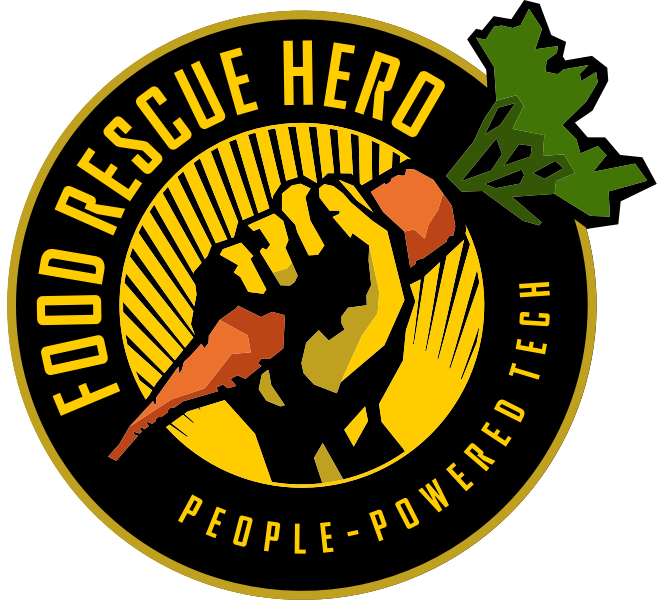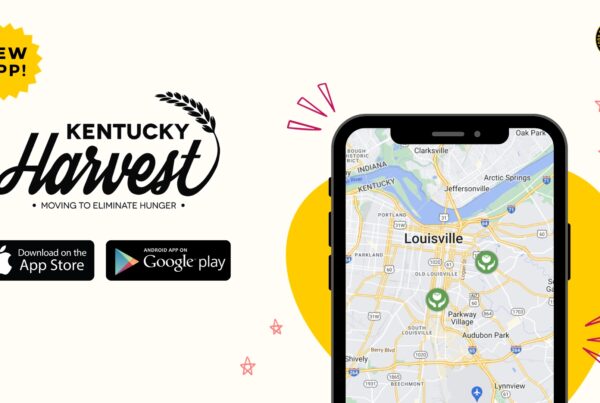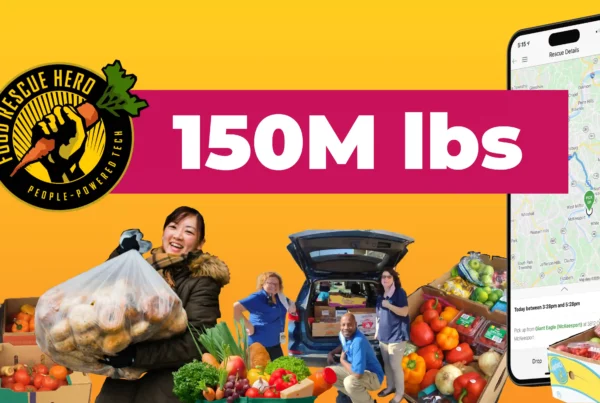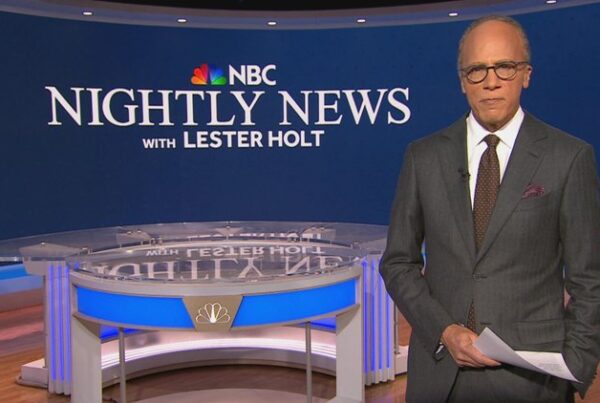After launching a successful food rescue in Prince William County, Virginia, Aaron Tolson and his team are set to begin serving additional counties in Northern Virginia.
Prince William Food Rescue began as a program under the nonprofit Action in Community Through Service (ACTS) in 2019. Now, after only two years, Tolson is heading the launch of Northern Virginia Food Rescue (NOVA-FR) to expand from Greater Prince William into Fairfax, Fauquier, Arlington, Alexandria, Loudoun, Stafford, and Culpeper Counties over the next several years.
NOVA-FR was formed as a subsidiary company under ACTS, a decision that Tolson, CEO of NOVA-FR, said was vital to Prince William Food Rescue’s initial success and also made sense for expanding food rescue in Northern Virginia.
“It gave us a chance to get our feet under us and to begin operating without having to stand up a board, applying for a 501(c)(3) status and raising funds,” Tolson said. “We had the weight of an established program behind us, which allowed us to seamlessly transition into a nonprofit when the time was right.”
The time is certainly right for Tolson, who will be joined by Program Director Claire Duncan and Food Acquisition Director Rebecca Gates.
Tolson believes Prince William Food Rescue became an important piece of the county’s food chain through a team that is dedicated to building a strong network and has a passion for being of service to others.
“Having the right people on your team makes all the difference in the world,” he said. “If you have people that are passionate about helping others–it doesn’t even necessarily have to be food–it brings a certain mentality, heart and energy into interactions with grocery stores and food pantries. That energy and spirit comes out in conversations, and that makes all the difference when you’re establishing those relationships.”
Prioritizing service to the community can also lead to people trusting and believing in your vision and becoming volunteers, which is equally as crucial as providing food.
“It takes community buy-in and food rescue heroes,” Tolson said. “It takes volunteers to actually use the app. We had a number of churches, a mosque, and some people who bought into a great way to serve the community. They rallied their congregations to be a part of this as an easy way to give back to the community and help those in need in our backyard. It was a very natural thing for them to do.”
Just as important to a food rescue’s growth is becoming useful in each aspect of the food chain – investing in local agriculture, education, and communicating with other major food providers such as banks, pantries and distributors. The COVID-19 pandemic forced finding solutions to obvious barriers, like reaching those without transportation or means to reach food supplies.
“The pandemic hit six months after we launched,” Tolson said. “That changed everything. It allowed us to move from just doing food rescue to bulk redistribution, the USDA Farmers to Families Food Box Program, no-contact delivery to doorsteps, and doing rescues from food banks to those in quarantine. It allowed us to pivot and do things that the app wasn’t initially designed for and we hadn’t thought about.”
“We understand that the resiliency of our food supply chain locally is very important. So, we need to strengthen our local food supply chain, and to do that, we need to tap into local agriculture. We’re looking at ways to secure funding through grants to buy from local farmers–to support their families and businesses. To get more donations into the food chain through local agriculture. That could be the outdoor farms in Prince William or Fauquier County. There’s so much urban agriculture in Fairfax and Arlington County. We’re advocating for creating a large-scale aquaponics operation in Prince William County that could produce 365 days-a-year of fresh produce and fish. There are other ways we can reduce food waste. We have a pilot program in the city of Manassas with several restaurants where we collect food scraps and shells in sealable buckets. We build out a rescue with the app, assign it to a farmer who picks it up and takes it back to feed their animals.”
Tolson said NOVA-FR is introducing itself to communities in Northern Virginia that are unfamiliar with the rescue by simply offering to help with what they do best.
“We know what we do, and we do it really well,” Tolson said. “We provide logistics and increasing donations so that you can be client-forward facing. We’ll take care of all the behind-the-scenes. We’re just here to help you.”




